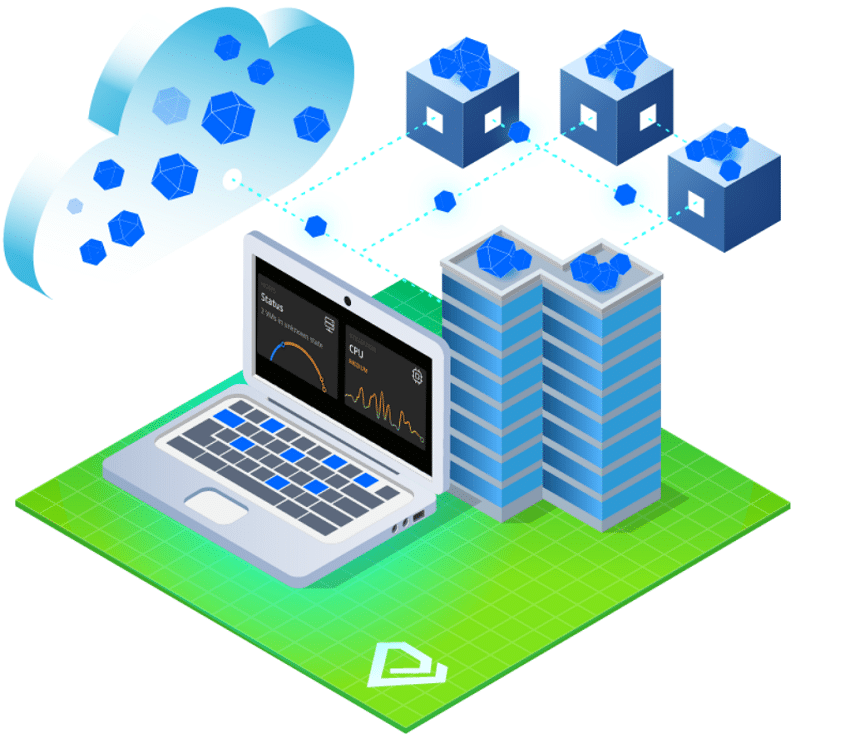Today, Diamanti announced a new standalone software product based on their existing Kubernetes management solution, Diamanti Ultima. Just three months ago, Diamanti announced the 3.0 version of Diamanti Spektra. Diamanti was founded in the early 2010s and provides open-source Kubernetes platforms. Earlier this month, the company announced support for Red Hat’s OpenShift container platform.

Last month, Diamanti said that it wanted to transition to a software-only focus. So, it is not unexpected that their new product is a standalone software product. What is somewhat unexpected, and a little confusing, is the name they chose for the new software. Diamanti has decided to reuse the name of one of their existing technologies and name the new software Diamanti Ultima. Even more confusingly, the reused name, Diamanti Ultima, was previously the name of Diamanti’s PCIe-based I/O hardware acceleration cards. Reusing the name of a pair of hardware cards for a software platform is certainly an interesting choice.
Diamanti Ultima, the new standalone software platform, is, like all Diamanti products, focused on supporting Kubernetes containers. The new standalone software Diamanti Ultima is intended to be an integrated networking and storage data plane solution that can extend across on-premises and cloud-based environments to manage Kubernetes clusters. Diamanti says that their new software will abstract the underlying storage infrastructure (e.g. Amazon EBS or NVMe) to enable applications to be deployed on-premises or to a public cloud. Currently, Diamanti is committing to support only three Kubernetes services with Diamanti Ultima, their own in-house Diamanti Spektra, Red Hat OpenShift (which they just added support for last month), and Amazon EKS. Diamanti also intends for Diamanti Ultima to provide some data protection services like volume snapshots, off-cluster backup, off-cluster restore, and asynchronous replication for cross-cluster disaster recovery. The last prominent feature Diamanti announced for Diamanti Ultima was asynchronous volume mirroring within clusters, even those spanning availability zones.




 Amazon
Amazon